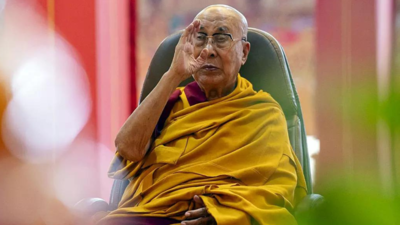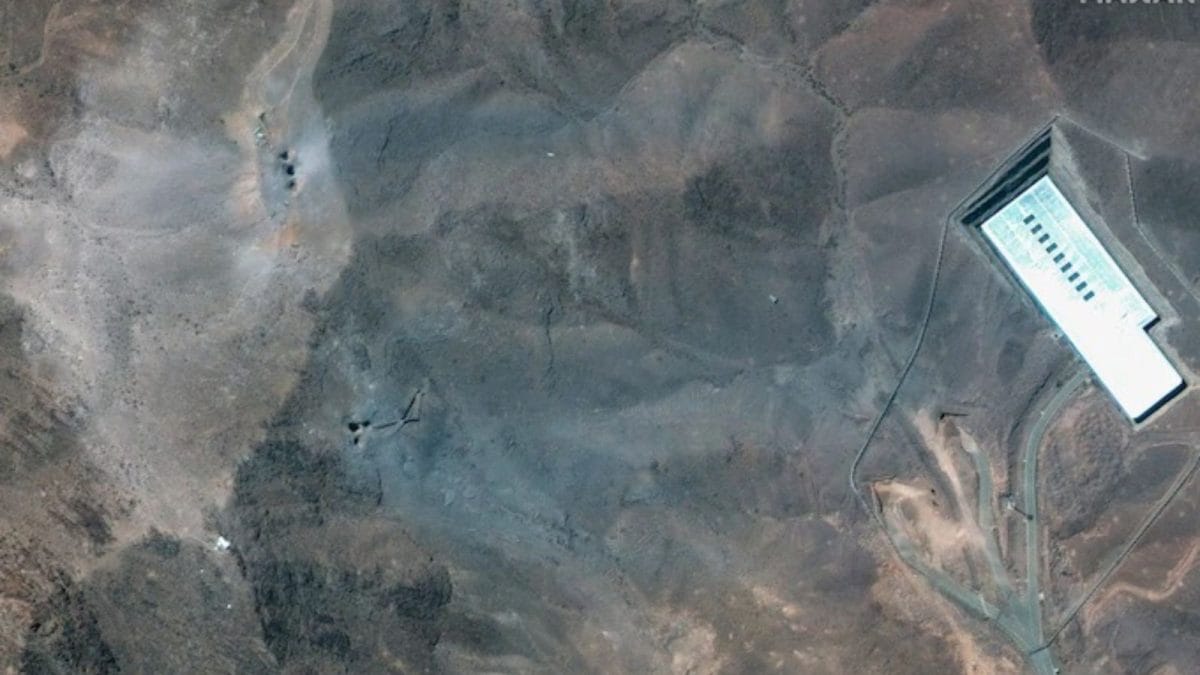ARTICLE AD BOX

NEW DELHI: India on Thursday firmly rejected China's claim that it has a decisive say in choosing the Dalai Lama's successor and asserted that the issue could be decided only in accordance with the wishes of the Tibetan spiritual leader and established Buddhist traditions."The Dalai Lama's position is of immense importance, not just for Tibetans but for millions of his followers across the globe. The right to decide on his successor rests solely with him, in accordance with centuries-old Buddhist customs," parliamentary affairs and minorities minister Kiren Rijiju told reporters. He also dismissed as "unwarranted interference" China's objection to the Dalai Lama's announcement that he has "exclusive authority" in deciding who gets to succeed him.The response came after the 90-year-old spiritual head of the Gelug branch of Tibetan Buddhists, who has lived in exile in India since 1959, asserted that the institution of Dalai Lama would continue after his death, and that his successor would be chosen by the Gaden Phodrang Trust, a non-profit set up by him. The Dalai Lama had earlier said his successor would be from among his supporters based outside China: something that runs counter to Beijing's known desire to have one of its loyalists from Tibet anointed.
"The Dalai Lama's reincarnation must follow the principles of domestic recognition, the 'Golden Urn' process, and approval by the central govt, in line with religious traditions and laws," the Chinese foreign ministry had said in response to the Dalai Lama's statement.With the Dalai Lama turning 90, the succession issue has gained urgency amid fragile India-China ties. Rijiju to represent India at Dalai Lama b'day event The spat over reincarnation adds another layer to bilateral tensions that have persisted since the 2020 border clashes and China's recent diplomatic outreach to Pakistan.Kiren Rijiju, a Buddhist from Arunachal Pradesh, will visit Dharamshala along with his cabinet colleague and animal husbandry minister Lalan Singh, to represent Indian govt at the Dalai Lama's birthday celebrations.The question of succession has long been a sensitive subject for Beijing, which seeks to assert control over Tibetan Buddhism. It holds a grudge against India for its decision to offer shelter to the Dalai Lama when he fled Tibet in 1959.
It has dubbed the Tibetan religious leader a "splittist". The Dalai Lama, with his saintly image and message of peace and a following that that includes Hollywood celebrities and members of global cultural elite, has been a thorn in China's side, fuelling its desire to reduce the institution of religious leadership of Tibetan Buddhists to an adjunct of the Communist dictatorship.In the 1990s, China controversially installed its own Panchen Lama after the mysterious disappearance of Gedhun Choekyi Nyima, the boy selected by the Dalai Lama for the second-most revered figure for Tibetan Buddhists. Panchen Lama has failed to gain acceptance among Tibetans, heightening fears of similar interference in the Dalai Lama's succession.



.png)
.png)
.png)
















 7 hours ago
5
7 hours ago
5









 English (US) ·
English (US) ·